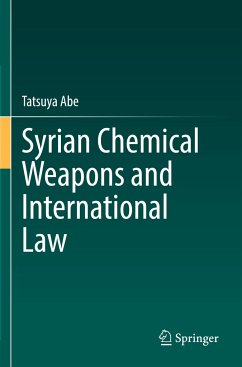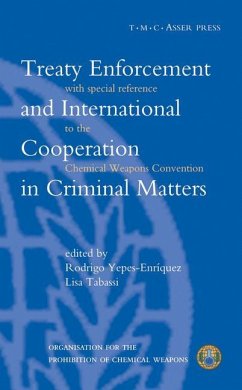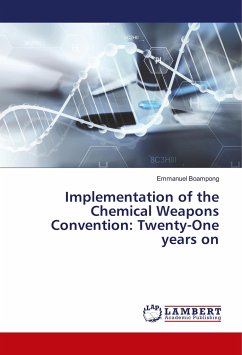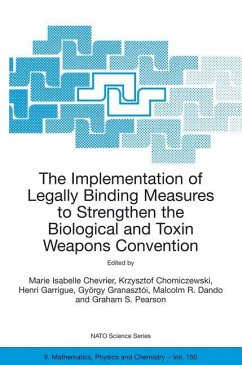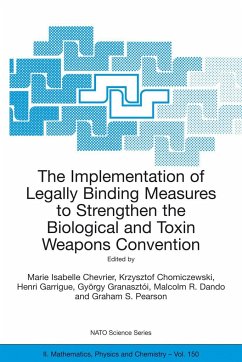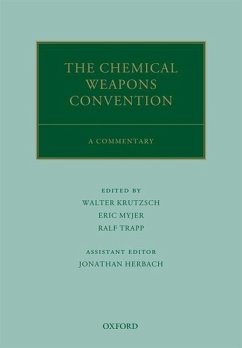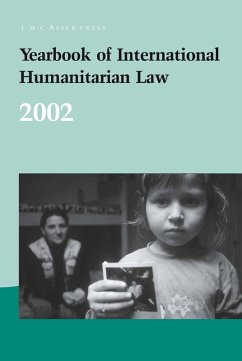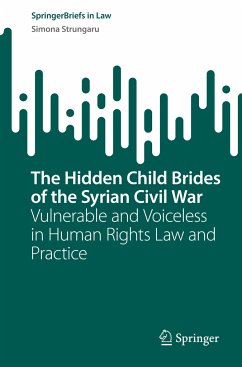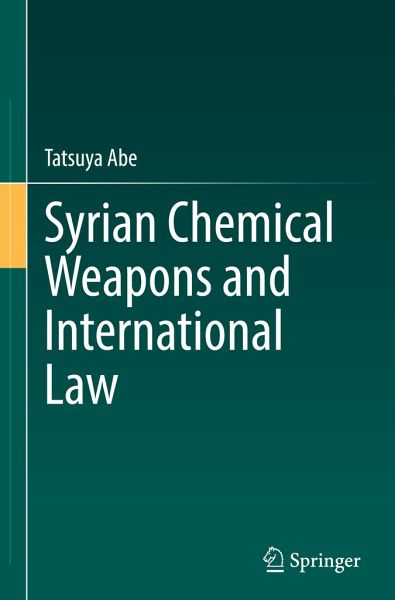
Syrian Chemical Weapons and International Law
Versandkostenfrei!
Versandfertig in 6-10 Tagen
113,99 €
inkl. MwSt.
Weitere Ausgaben:

PAYBACK Punkte
57 °P sammeln!
This is the first book to focus on international efforts to address Syrian chemical weapons issues in an international law context. It provides an overview of the process of control over Syrian compliance/non-compliance with international obligations, including the keys to success in eliminating Syria's stockpiles and reasons for difficulties in handling multiple uses of toxic chemicals as weapons in domestic armed conflicts. It also addresses collective and unilateral sanctions against Syria outside of international institutional frameworks, and their implications for subsequent cases. Suppor...
This is the first book to focus on international efforts to address Syrian chemical weapons issues in an international law context. It provides an overview of the process of control over Syrian compliance/non-compliance with international obligations, including the keys to success in eliminating Syria's stockpiles and reasons for difficulties in handling multiple uses of toxic chemicals as weapons in domestic armed conflicts. It also addresses collective and unilateral sanctions against Syria outside of international institutional frameworks, and their implications for subsequent cases. Supported by extensive analyses of developments within the OPCW Executive Council and the UN Security Council, this book is recommended for readers seeking insight about chemical weapons issues and dynamism of international law.



